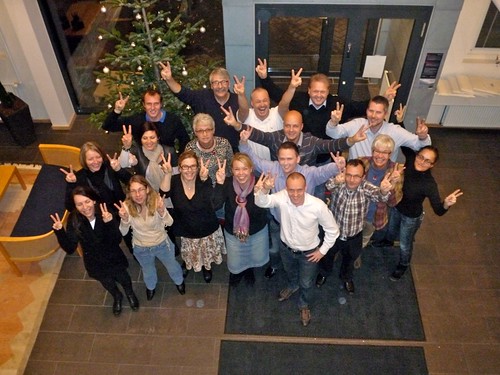FORBES INSIGHTS asks the question:
Can webconferences, videoconferences and other virtual meetings really take the place of face-to-face contact?
With travel budgets slashed in the wake of recessionary belt-tightening, companies are increasingly turning to technology as a substitute for in-person contact. Yet business executives overwhelmingly agree that face-to-face meetings are not just preferable but necessary for building deeper, more profitable bonds with clients and business partners and maintaining productive relationships with co-workers.
Predictably the answer to their own survey is that 84% prefer F2F meetings.
But is that the right question to ask if you are trying to understand what is happening in the meeting industry?
Not in my mind it isn’t!
This is the kind of question Kodak asked photographers 5-8 years back: Do you think that digital photos will replace film based photography? No way they all hollered.
This is the question big newspaper publishers asked thier readers 3-4 years ago: “Can you imagine not having a daily morning news paper in print form” Since then a large number of them no longer exist.
This is the question publishing houses where asked 24 months ago “Will the eReader replace books?” – that was before Amazon sold 2 million Kindel’s in 6 months. Now they are not so sure. More on eReaders here
But the reality is this:
This is borne out in Forbes Insights survey, where 58% of respondents said they were travelling for business less today than they were at the beginning of the recession in January 2008, with more than a third (34%) indicating they were travelling much less frequently.
This is my point, it may not be what they prefer – but this is what they do – not because it is better but because it is cheaper, and more convenient.
Surevy: would you prefer to fly Business or Turist?… No brainer right?
But why is tourist class then jam packed and Business reduced to 2 rows that are half empty on many European flights? It is not what we would prefer. It is what we do.
The big danger is that we in the industry stick our heads in the sand as a result of surveys like this – pat each other on the back and knowingly nod to each other: “f2f meeting are better – we know that – they know that. All will return to normal soon, you just wait and see….”
I don’t think so
That is what KODAK thought
The question we should be asking is : Is the market broken? – see this by Seth Godin: “What every mass marketer needs to learn from Groucho Marx”
Read the Forbes Insight survey here
What do you think?
